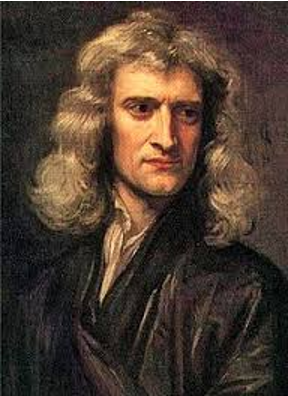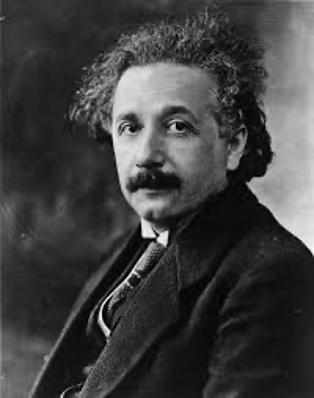Science
How Isaac Newton Changed the World
Nikola Tesla - Inventor of the Modern World
Nikola Tesla (1856–1943) was a Serbian-American inventor, electrical engineer, and visionary whose groundbreaking work in electrical engineering and physics laid the foundation for modern alternating current (AC) power systems and numerous technological advancements. Below is a concise overview of his life, achievements, and legacy, tailored to provide a clear and structured understanding of his contributions, with a nod to your interest in using the Cambridge Dictionary for vocabulary study.
Early Life and Background
- Birth and Education: Born on July 10, 1856, in Smiljan, Croatia (then part of the Austrian Empire), to a Serbian Orthodox priest and a mechanically inclined mother. Tesla showed early brilliance in mathematics and physics, studying at the Austrian Polytechnic in Graz and later in Prague, though he did not complete a degree.
- Early Career: Worked as an electrical engineer in Budapest and Paris for telegraph and electric companies, gaining practical experience with electrical systems.
Major Contributions
Tesla’s innovations revolutionized electrical engineering and technology, with a focus on practical applications and futuristic ideas.
- Alternating Current (AC): Tesla’s most significant achievement was developing the AC electrical system, including the AC motor and polyphase power distribution. His work enabled efficient, long-distance electricity transmission, outpacing Thomas Edison’s direct current (DC) system in the “War of the Currents.” By 1891, Tesla’s AC system, backed by George Westinghouse, became the standard for power grids worldwide.
- Key Inventions:
- Tesla Coil (1891): A resonant transformer producing high-voltage, low-current electricity, used today in radio technology and applications like wireless power experiments.
- Hydroelectric Power: Designed the first commercial hydroelectric power plant at Niagara Falls (1895), harnessing AC to deliver electricity to Buffalo, New York.
- Wireless Communication: Pioneered early radio technology, with patents predating Guglielmo Marconi’s. In 1898, he demonstrated a radio-controlled boat, an early precursor to remote control technology.
- Other Innovations: Experimented with X-rays, neon lighting, and wireless power transmission (e.g., Wardenclyffe Tower project, intended for global wireless communication and energy transfer, though never completed due to funding issues).
- Patents: Held over 300 patents worldwide, including 112 in the U.S., covering motors, generators, transformers, and more.
Career and Challenges
- United States: Immigrated to the U.S. in 1884, briefly working for Edison before parting ways due to disagreements over AC vs. DC. Partnered with Westinghouse, leading to the success of AC power.
- Later Years: After financial struggles and the failure of ambitious projects like Wardenclyffe, Tesla lived modestly in New York, continuing experiments but facing increasing isolation. He died alone and in debt on January 7, 1943, in the New Yorker Hotel.
- Personality: Known for his eccentricities, Tesla was a showman who captivated audiences with electrical demonstrations. He had a photographic memory, spoke eight languages, and was deeply committed to his work, often at the expense of personal relationships. He never married, citing celibacy as beneficial to his creativity.
Legacy and Impact
- Technological Influence: Tesla’s AC system powers the modern world, underpinning global electrical grids. His work in radio, robotics, and wireless energy laid groundwork for technologies like Wi-Fi, drones, and renewable energy systems.
- Cultural Icon: Tesla’s visionary ideas and enigmatic persona have made him a symbol of innovation, inspiring books, films (e.g., The Prestige), and companies like Tesla, Inc. His rivalry with Edison and unfulfilled projects, like wireless power, fuel his mystique.
- Recognition: Initially underappreciated, Tesla’s contributions were later celebrated. The tesla (T) unit of magnetic flux density is named in his honor, and his patents remain foundational in electrical engineering.
Controversies and Myths
- Edison Rivalry: The “War of the Currents” was less personal than popularized, but Edison’s opposition to AC delayed Tesla’s success. Claims of Edison stealing Tesla’s ideas are exaggerated, though their approaches clashed.
- Unrealized Ideas: Tesla’s later projects, like death rays or free energy, were visionary but impractical, leading to skepticism about his mental stability. Some ideas, like wireless power, are being revisited today.
Please be patient while this site is being developed.

(25 December 1642 – 20 March 1727)

(14 March 1879 – 18 April 1955)
Inside The Mind Of Genius: The Life Of Albert Einstein







